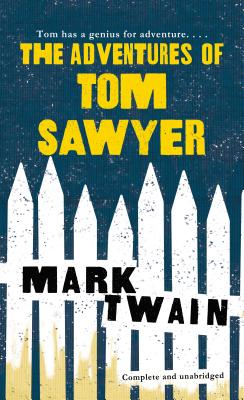
description
ries of the twentieth century, Shirley Jackson's "The Lottery" created a sensation when it was first published in The New Yorker in 1948.
"Power and haunting," and "nights of unrest" were typical reader responses. Today it is considered a classic work of short fiction, a story remarkable for its combination of subtle suspense and pitch-perfect descriptions of both the chilling and the mundane. The Lottery and Other Stories, the only collection of stories to appear during Shirley Jackson's lifetime, unites "The Lottery" with twenty-four equally unusual short stories. Together they demonstrate Jackson's remarkable range--from the hilarious to the horrible, the unsettling to the ominous--and her power as a storyteller.
"Power and haunting," and "nights of unrest" were typical reader responses. Today it is considered a classic work of short fiction, a story remarkable for its combination of subtle suspense and pitch-perfect descriptions of both the chilling and the mundane. The Lottery and Other Stories, the only collection of stories to appear during Shirley Jackson's lifetime, unites "The Lottery" with twenty-four equally unusual short stories. Together they demonstrate Jackson's remarkable range--from the hilarious to the horrible, the unsettling to the ominous--and her power as a storyteller.
member goods
No member items were found under this heading.
listens & views

CHRISTMAS BAROQUE MUSIC UNIVERSITATSSTADT LEIPZIG
by FASCH / SCHEIN / SCHELLE / PEZEL / UNGER
COMPACT DISC$22.25
Return Policy
All sales are final
Shipping
No special shipping considerations available.
Shipping fees determined at checkout.






